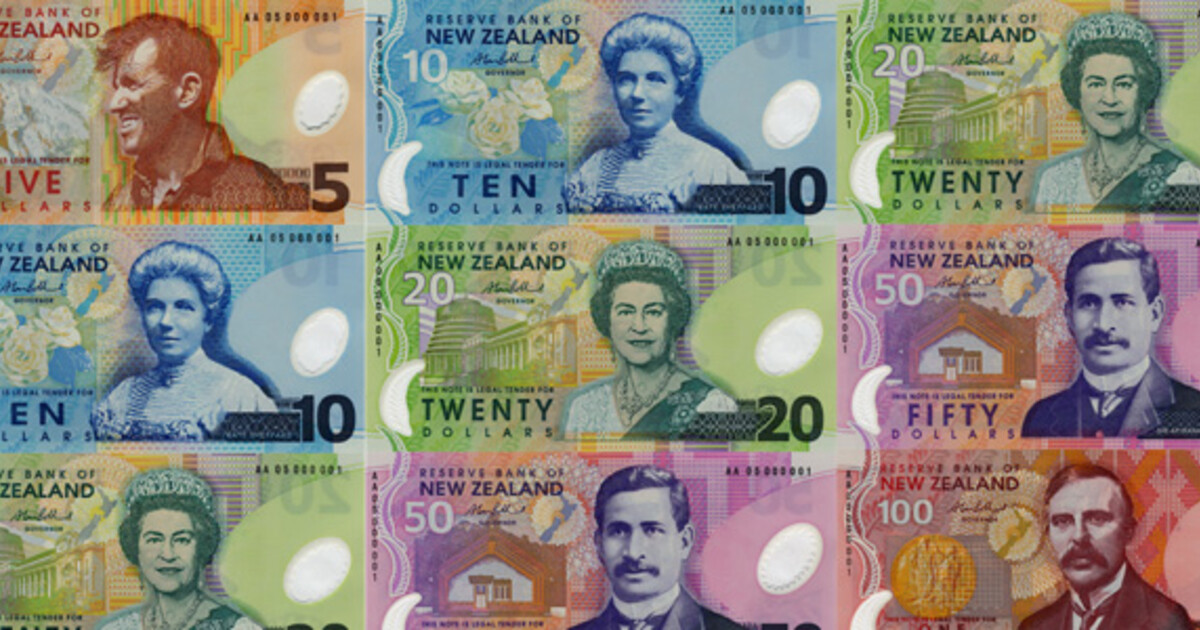Scotland, it's flattering you're looking at New Zealand but please look at our future, not our past

My mother recently returned from Scotland visiting where my grandmother was born and like many tourists brought back her clan tartan tie for me. Despite never visiting Scotland I wear it proudly in the New Zealand Parliament. There’s a connection between our countries that crosses oceans.
As a New Zealand MP it’s flattering for my country to be singled-out doing something right in the report but my message to my long-lost Scottish relatives is: it’s not the size of the country – it’s what you do with it that matters.
The No Campaign often suggested that Scotland was too small for independence. As a similar-sized nation I’d point out we work fine, thank you very much, even if there’s only 4.7 million of us. We have our own defence forces, have signed trade deals with multiple countries and even recently sat on the United Nations Security Council. It’s not my place to comment on Scottish independence but it’s a red herring to suggest a nation of 5.3 million can’t successfuly operate on the world stage when plenty of others do.
The real issue isn’t the size of a country but what its policies are and the direction it’s going in.
As the last British Dominion that only received its full independence in 1947 I think New Zealand offers some salutary lessons what it’s like to go it alone.
Our independence gave us the freedom to go nuclear-free in the 1980s but also to drastically change our economic and social direction. We had our own Thatcher, a man named Douglas.
In my lifetime New Zealand went from one of the most state-involved economies outside of the Communist Block to one of the most market-driven and neoliberal. Since our own Antipodian Thatcherism revolution in the 1980s we went from one of the most egalitarian countries that one British wit Austin Mitchell described as the ‘Quarter-acre, pavlova paradise’ to one of the most unequal. In fact since 1984 we saw the fastest growth of inequality in the developed world. The OECD estimates this rising inequality has acted like a hand break and reduced our economic potential by about a tenth. We’ve seen a dramatic rise in homelessness, precarious working conditions and child poverty. Families with young children are sleeping in uninsulated garages and children sent to school with no food in their lunchboxes because there is no food at home.
For the last three decades New Zealand has focused on light-handed regulation, a smaller role for the state, punitive welfare reforms and employer-friendly employment law. As an independent nation we’ve had the freedom to adopt our own policies. The freedom to make bad decisions. It wasn’t our size that did it, it was government policies.
However since September 2017 with the election of a new Government we have embarked on a new direction. We’ve achieved the biggest wealth transfer in a generation – towards the poorest Kiwis. Our national Budget will no longer myopically focus on Gross Domestic Product and surplus or deficit will but now include genuine progress indicators. The country has set an ambitious zero carbon goal by 2050 and a target to have 100% renewable electricity by 2035. We are doubling investment in R&D and supporting science. The state is no longer leaving housing to the developers and it aims to build 100,000 new homes.
After decades of a trickle-down, austerity-ideology we’re changing direction. It’s flattering to be looked at as an exemplar by Scottish researchers but while you look at where we’ve been, please also look to where we are going.
